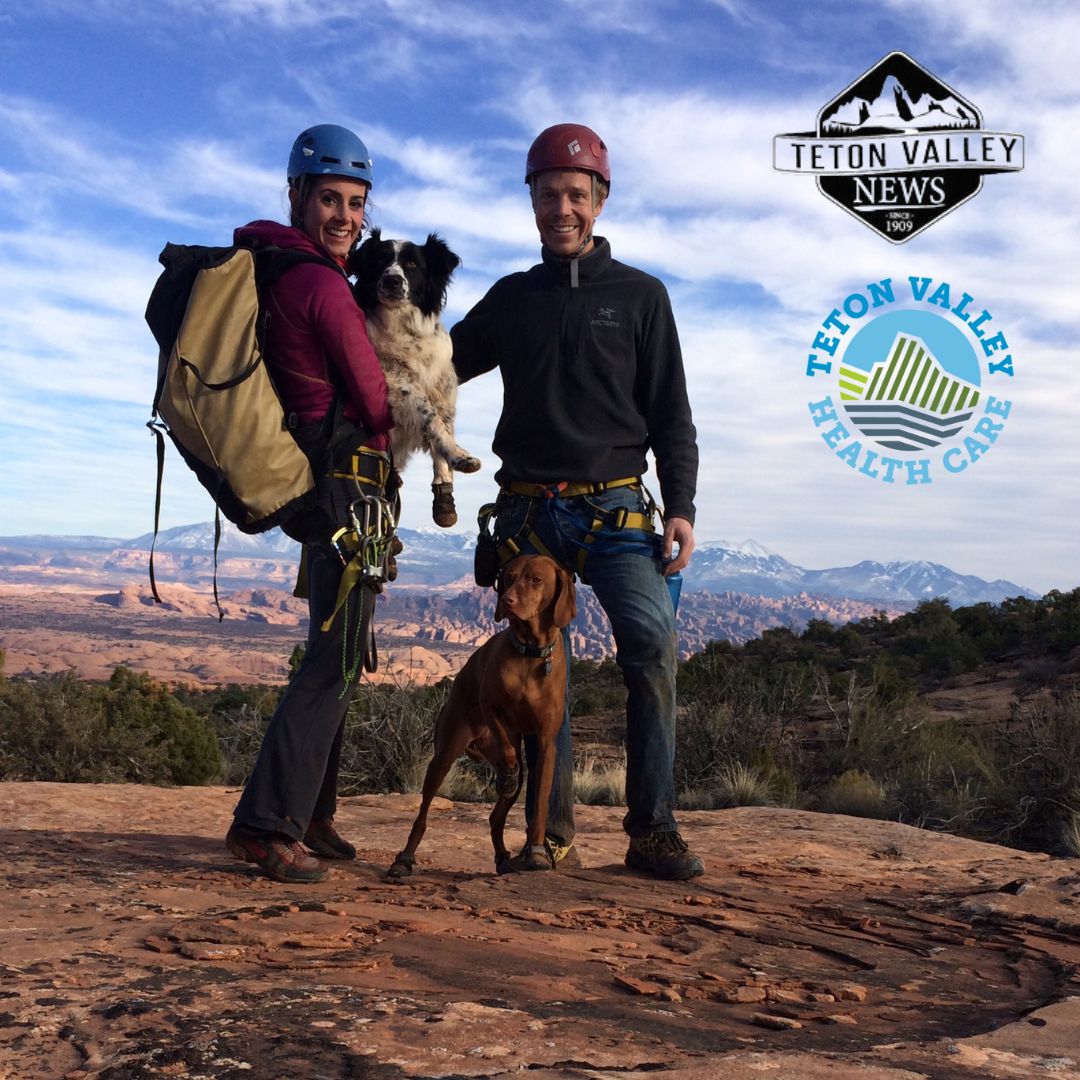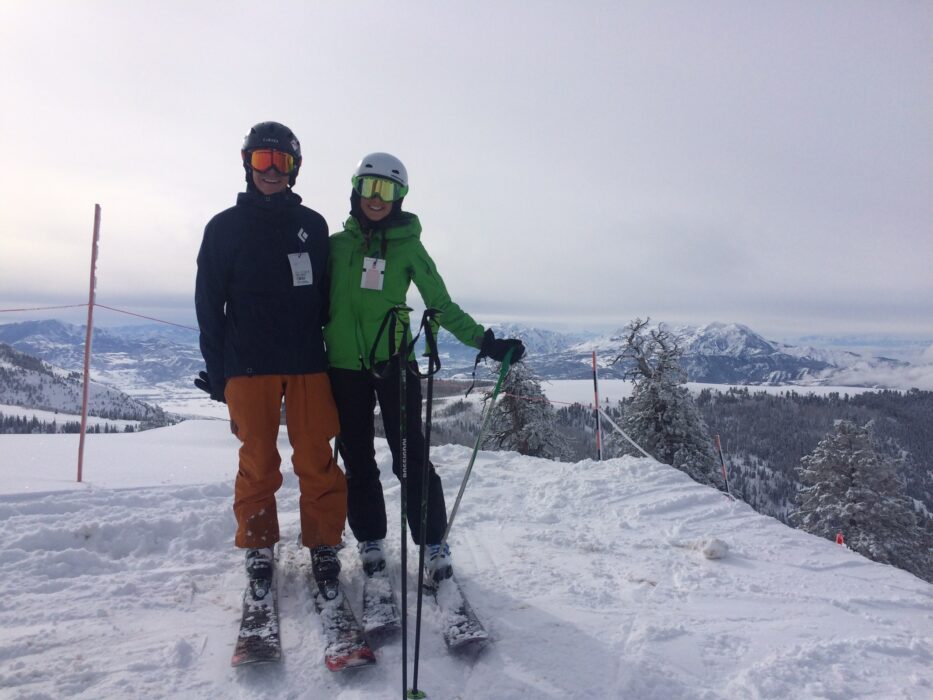
Scaling New Heights with Teton Valley Health Care’s Newest Surgeon
Teton Valley News interviews the newest addition to Teton Valley Health Care’s Surgical Team, Dr. Luke Martin, board certified in general, colon and rectal surgery.

After several years of only contracted surgeons in this position, Teton Valley Health Care has hired a full-time general surgeon, Dr. Luke Martin. He and his wife, an anesthesiologist, began work at TVHC just a few weeks ago at the beginning of March after they moved their little family of four to the valley.
General surgery is extremely broad in scope as it entails routinely treating issues with abdominal organs (gastrointestinal system, stomach, small bowel, colon, gallbladder, appendix, etc.). However, these surgeons also perform surgical management of breast disease such as breast cancer, skin and soft tissue problems (lumps and bumps), and trauma surgery.
The surgeons in general surgery can narrow their scope of expertise through sub specializations; however, many merely mix their practice with the specialty and general surgery as it takes a population of about 6,000 to 8,000 to justify the need for a general surgeon and approximately 150,000 to support a practice in the subspecialty like colorectal surgery.
Dr. Martin grew up in Texas, studied for his undergrad in North Carolina, attended medical school in Houston and finished out the five-seven year residency required for general surgeons in Salt Lake City. He did seven years of training for general surgery at University of Utah as well as a one-year fellowship in colon and rectal surgery—focused on specialized treatment of colorectal cancer and inflammatory bowel disease. He previously worked at Huntsman Cancer Hospital working in colorectal surgery while also working at University of Utah and VA hospital as a general surgeon, making up his mixed practice.

He and his wife previously worked in large hospitals with high-volume patients at the fast pace of city life. For both career and personal reasons, they chose Teton Valley as their landing spot after a year of interviewing and deciding where to go.
“We were both working at Huntsman Cancer Hospital and the University of Utah, both in super, super busy academic practices,” explained Dr. Martin. “We sort of realized that both of us trying to work in academic practice and live in a big city where we’re spending time sitting in the car in traffic, going to daycare and walking 20 minutes from the parking lot was just not where we wanted to spend our time. I think both of us had always sort of wanted to work in a smaller community to where we feel like we get to spend more time with patients and aren’t trying to do this super high volume work, which is what these big hospitals demand. So both for personal and professional reasons we were really attracted to finding a job in more rural practice. We interviewed at a variety of places over the course of more than a year, and ultimately, this is where we wanted to come.”
According to Dr. Martin, general surgeons serving a rural population typically have a broader practice as the resources are limited as well as personnel.
“I am most excited for the potential that we have to really build a robust general surgery program here,” said Dr. Martin. “To me, that’s really exciting to be able to offer a new service line and build it from the ground up.”
In order for a service to be added, everything from the correct equipment and processes as well as trained staff must be in place to make sure the patient is well taken care of.
“The operating room has to have the right equipment, and we have to have the right processes in place to be able to do the surgery safely and efficiently and in a way that benefits patients,” explained Dr. Marin. “And then we have to have nursing staff in the hospital that are trained and capable of taking care of post-operative patients. All of those things take a lot of time and effort on the part of a whole bunch of different people, and I’m just one member of the team to take care of that type of patient.”
Dr. Martin also hopes to build and ramp up trust in the community as they get the service underway. The goal for them is to have the valley’s confidence they will take care of their patients well. The community will have the benefit of having these services close to home to limit the driving time to an appointment or surgery as well as the benefit of having the surgeon here in the valley for the time-sensitive emergencies that typically require ground transportation to Rexburg or Idaho Falls. In the past three weeks, Dr. Martin has removed a few gallbladders and an appendix for patients in the ER.
“Our goal is really to offer high quality surgery that you would find even in super well known hospitals in an urban area,” said Dr. Martin. “Our goal is to offer minimally invasive options, which as far as I’m concerned, is the standard of care at this point, and if we aren’t offering the most up to date care, you can rest assured from a surgical standpoint that I’m happy to refer people elsewhere if I think we’re not able to provide what I think is the optimal standard of care.”
As the last few days of March tie up, TVHC is recognizing Colorectal Cancer Awareness this month and offering open access colonoscopies—recommended age for average risk patients is 45 years old.
Teton Valley News – Danielle Clegg / Editor